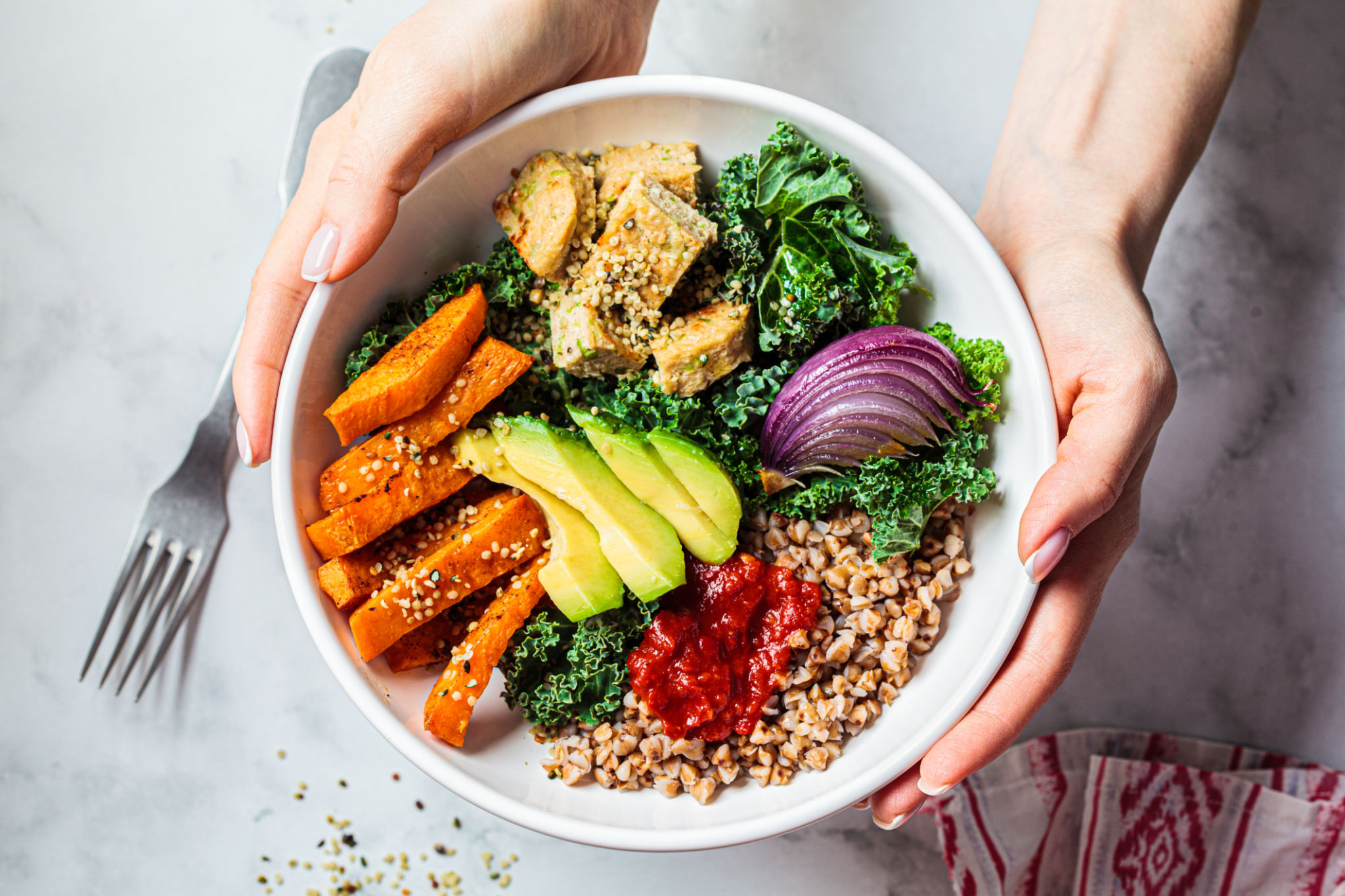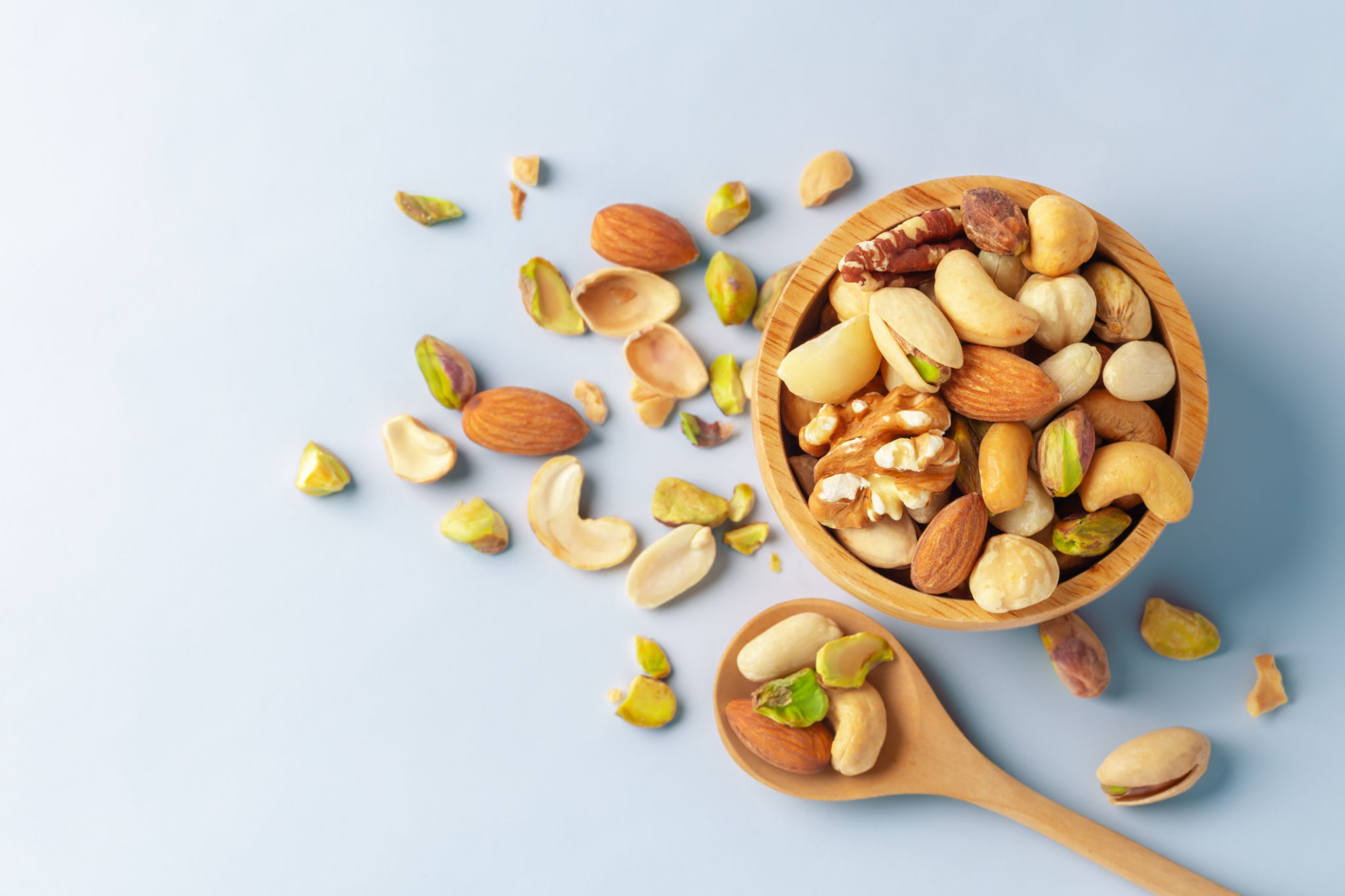Understanding the Link Between Diet and Diabetes
BH
The Connection Between Diet and Diabetes
Diabetes is a chronic health condition that affects how your body turns food into energy. Understanding the link between diet and diabetes is crucial for managing and preventing this disease. Food choices play a significant role in controlling blood sugar levels, and making informed dietary decisions can greatly affect a person's quality of life.

The Role of Carbohydrates
Carbohydrates have the most significant impact on blood sugar levels, as they are broken down into glucose, which enters the bloodstream. It is essential to manage carbohydrate intake to keep glucose levels in check. Opting for complex carbohydrates, such as whole grains, fruits, and vegetables, can provide a more sustained energy release compared to simple sugars.
Individuals with diabetes should focus on consuming a balanced diet that includes a mix of carbohydrates, proteins, and fats. This balance helps to stabilize blood sugar levels and prevent spikes that can lead to complications.
Glycemic Index and Load
The Glycemic Index (GI) measures how quickly foods cause blood sugar levels to rise. Foods with a high GI can cause rapid spikes, while those with a low GI have a slower impact. Understanding the GI of foods can help in making better dietary choices. Additionally, considering the Glycemic Load (GL), which takes into account both the quality and quantity of carbohydrates, provides a more comprehensive understanding of a food's impact on blood sugar.

Importance of Fiber
Fiber plays a vital role in managing diabetes. Foods high in fiber can help slow the absorption of sugar, improving blood sugar control. Incorporating more fiber-rich foods such as beans, legumes, whole grains, and vegetables can be beneficial. Not only does fiber aid in blood sugar management, but it also supports heart health and digestive function.
For those looking to increase their fiber intake, starting with small changes, like adding a serving of vegetables to each meal or choosing whole-grain bread over white bread, can make a significant difference.
Healthy Fats and Protein
Incorporating healthy fats and proteins into your diet is also important. Foods rich in omega-3 fatty acids, such as fish, nuts, and seeds, support heart health, which is crucial for individuals with diabetes who are at higher risk for cardiovascular diseases. Proteins help in muscle repair and growth while also providing a feeling of fullness.

It is advisable to choose lean protein sources such as chicken, turkey, tofu, and legumes, which can be part of a balanced diet without causing sudden spikes in blood sugar levels.
Monitoring Portion Sizes
Monitoring portion sizes is another critical aspect of managing diabetes through diet. Even healthy foods can contribute to weight gain if consumed in large amounts. Keeping portions in check helps maintain a healthy weight and better manage blood sugar levels.
One practical approach is using the plate method: fill half your plate with non-starchy vegetables, one-quarter with lean protein, and one-quarter with whole grains or starchy foods. This visual guide assists in creating balanced meals without overindulging.
Conclusion
Understanding the link between diet and diabetes empowers individuals to take control of their health. By focusing on balanced meals, choosing low-GI foods, incorporating fiber, and being mindful of portion sizes, it's possible to manage diabetes effectively. Remember that small, consistent changes in dietary habits can lead to significant improvements in health outcomes.